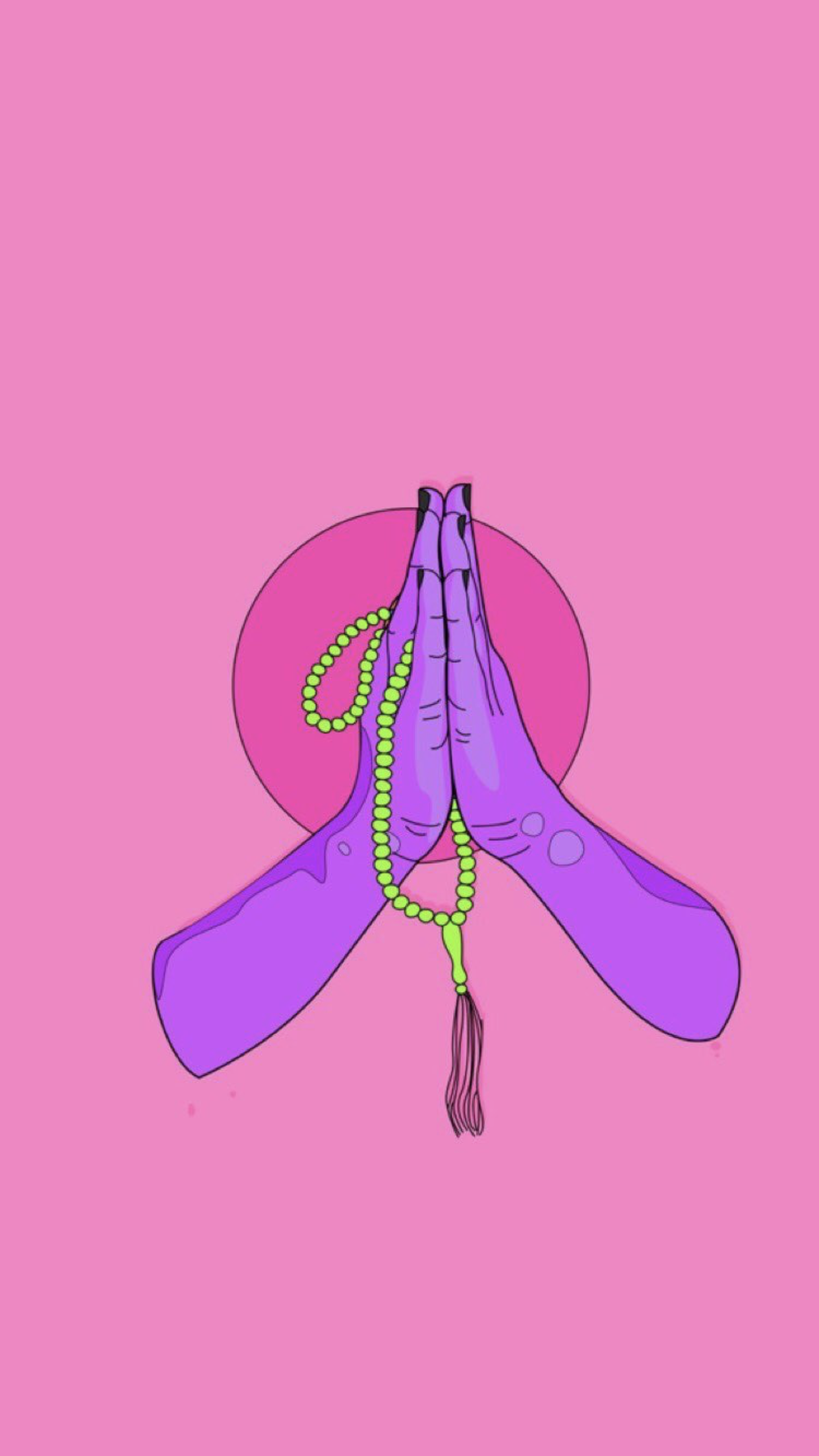Ramadan Mubarak!
Ramadan is a month of fasting, reflection, and hope for many. With Muslims coming from all over the world, many speak several different languages, belong to different cultures, and come from various sects. Ramadan can be a uniting factor for millions across the world. It is the ninth month of the Muslim year, which is a lunar calendar based on the cycles of the moon. During the month, Muslims fast, not eating or drinking from sunset to sundown. Thanks to time zones, there can be Muslims starting their fast (with a meal known as Suhoor before morning prayer) and Muslims ending their fast (with Iftar, breaking the fast with water and a date, ideally) at the same time! But Ramadan is not only about observing the fast though. There is participation in other practices, including the five daily prayers; and engaging in Zakat (charity). Fasting is not only about abstaining from food and/or drink: Muslims must also refrain from things like smoking and sexual activities to gossip and lying.
Why do Muslims fast? Many have their own personal reasons, but Ramadan for many, including myself, see Ramadan as a chance to refresh and realign spiritual goals. Community service and charity are especially encouraged during the holy month and an all-around vibe of kindness is present.
Fasting is also one of the Five Pillars of Islam (meaning it is obligatory for all Muslims), but there exceptions, of course. Those who are pregnant, menstruating, are ill or travelling long distance are exempt from fasting for the sake of their health.
So if those folks don't fast, who does? Religious responsibilities are typically imposed when someone reaches puberty, so children who haven't reached that point in their life do not fast. However, it is not uncommon for kids to argue with their parents about being old enough to fast, as they are attempting to imitate those older than them who are fasting. Some Muslim families allow their younger children to fast for half the day to still give them the feeling of being a part of Ramadan- this can be both annoying and adorable for those of us with younger siblings.
It is important to remember that Muslims are individuals with their own personal stories. Some Muslims are dealing with things like eating disorders, mental health, and other private struggles. Depression and anxiety can make it difficult for any Muslim to engage in the more social aspects of the holy month. Understand that spiritual journeys take time, and they can be intimate. There are Muslims who, for a variety of reasons, will not have the support system they need and deserve this time of year. Some are reeling from the loss of loved ones, or are in places like (most recently) Gaza where daily life can make it very hard to observe Ramadan traditions. To the Muslims facing these difficulties, you are not a bad Muslim. Your journey is your own, and you should not be made to feel guilty. One of the greatest Sunnah (habitual social and legal pracitces of Muslims) in Islam is self-care. Be well during this month, and connect spiritually in a way that is safe and healthy for you.
To those not observing the month of Ramadan, be respectful to your Muslim neighbours who are! For those who are fasting, I hope this month allows you the personal reflection you want, need, and deserve. Your faith is yours, and it can be challenging.
May Ramadan be good for you and your loved ones, and may we leave this month as the best version of ourselves.
Pssssst...
Here are some links to people and orginizations for Muslims who are looking to fulfil their Zakat this time of year, or for anyone who'd like to help out!

